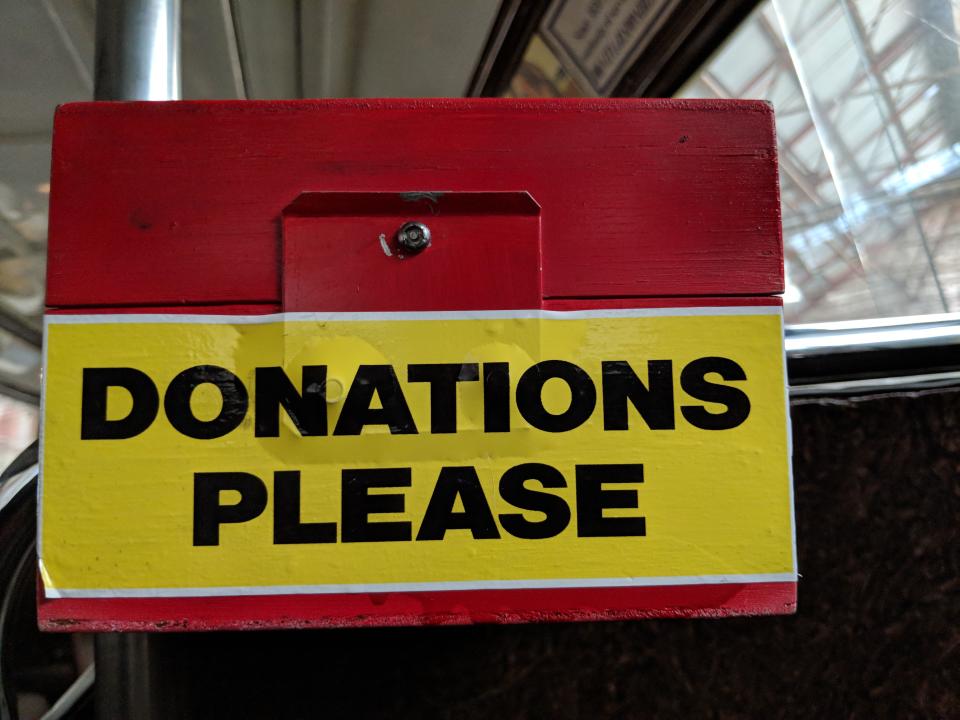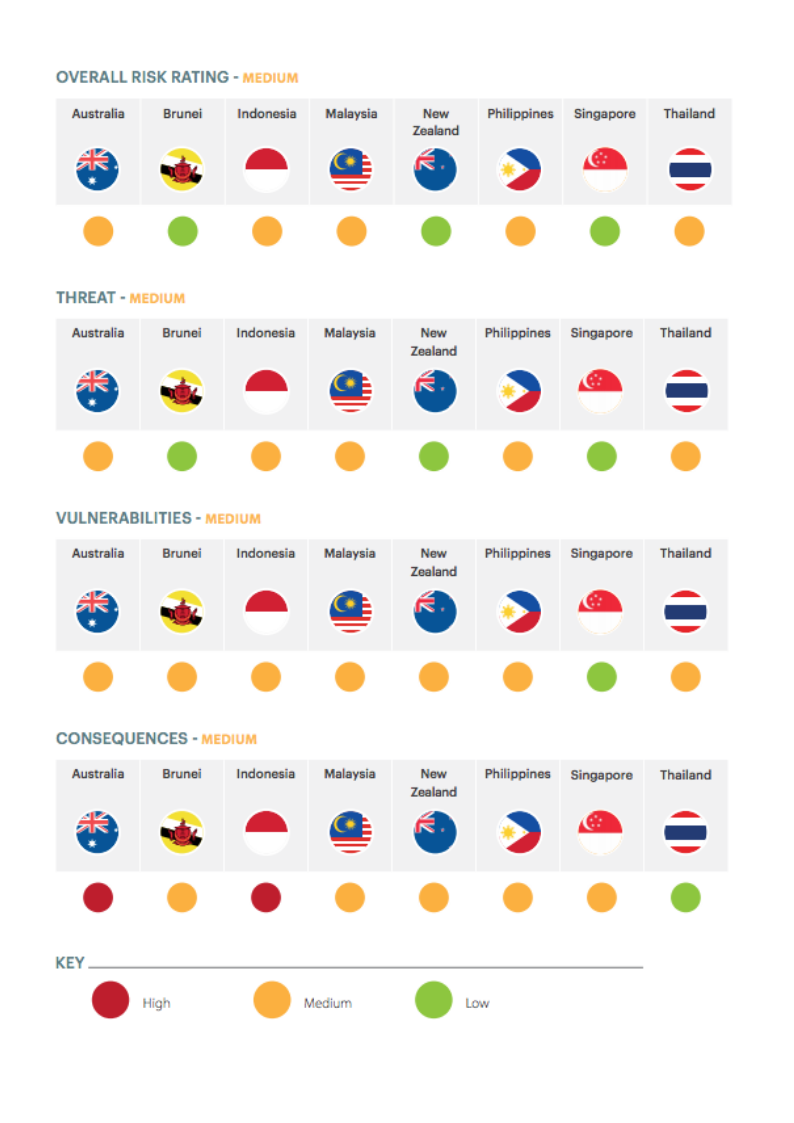Terrorists could be using Aussie charities to launder cash

Australian charities are at risk of being infiltrated by terrorist groups to launder money, according to financial intelligence and counter-terrorism agency, Austrac.
In its report, Austrac said that while the risk that Australia’s charities are financing terrorism is medium, the consequences are high.

That puts Australia on par with Indonesia, Malaysia, the Philippines and Thailand in terms of risk, but only one other country would suffer as severe consequences if targeted, Indonesia.
New Zealand has one of the lowest risk levels.
Relatively few instances of charities inadvertently financing terrorism have been identified, but the amount of money involved has been significant.
“Funds that are diverted for terrorism financing [TF] are more likely to be used to support operational costs for terrorist groups and to fund travel for foreign terrorist fighters. This poses significant security consequences within regional countries or in relation to foreign conflict zones,” Austrac said in a supporting document.
Also read: Solving the biggest problem with traditional financial advice
“The diversion of funds for TF also directly affects non-profits and their intended beneficiaries. It can limit, in the short term at least, the funds available for development, humanitarian support and other important social goals.”
Red flags
Charities which use crowdfunding or social media to garner donations before abruptly shutting down and charities which are unable to account for the use of all their funds raise red flags, as do non-profits which use unnecessarily complex banking arrangements.
Non-profits which are based in provincial or capital cities, which support a particular religion or ethnicity and which have a flow of funds to and from high-risk countries are considered higher-risk.
Also read: Labor defends ‘bald faced lies’ on negative gearing
However, Austrac noted, a lot of these indicators may also mirror legitimate charities’ activities.
The overwhelming majority of charities are legitimate
While Austrac is naturally “concerned about any vulnerability that might lead to exploitation”, the overwhelming majority of non-profits are legitimate, Austrac deputy CEO, intelligence and international, Chris Collett told Yahoo Finance.
“Non-profits are overwhelmingly legitimate businesses and they are a very important part of our way of life. We encourage Australians to continue to engage and donate to these good causes,” he said.
“People should always aim to donate funds to a recognised, well established NPO,” he continued.
“Some countries, such as Australia, Malaysia and Thailand also publish lists of NPOs registered with the national charities and NPO regulator that the public can consult to check if an NPO is bona fide or not.”
Also read: Is this how to win tonight’s $60m Powerball?
He said Australians with concerns about suspicious non-profits should get in touch with the local authorities immediately.
“Combatting terrorism financing and other serious criminal activity is not solely a Government role, industry and the public have a role to play and speaking up when you have suspicions is an important part of this.”

 Yahoo Finance
Yahoo Finance 
